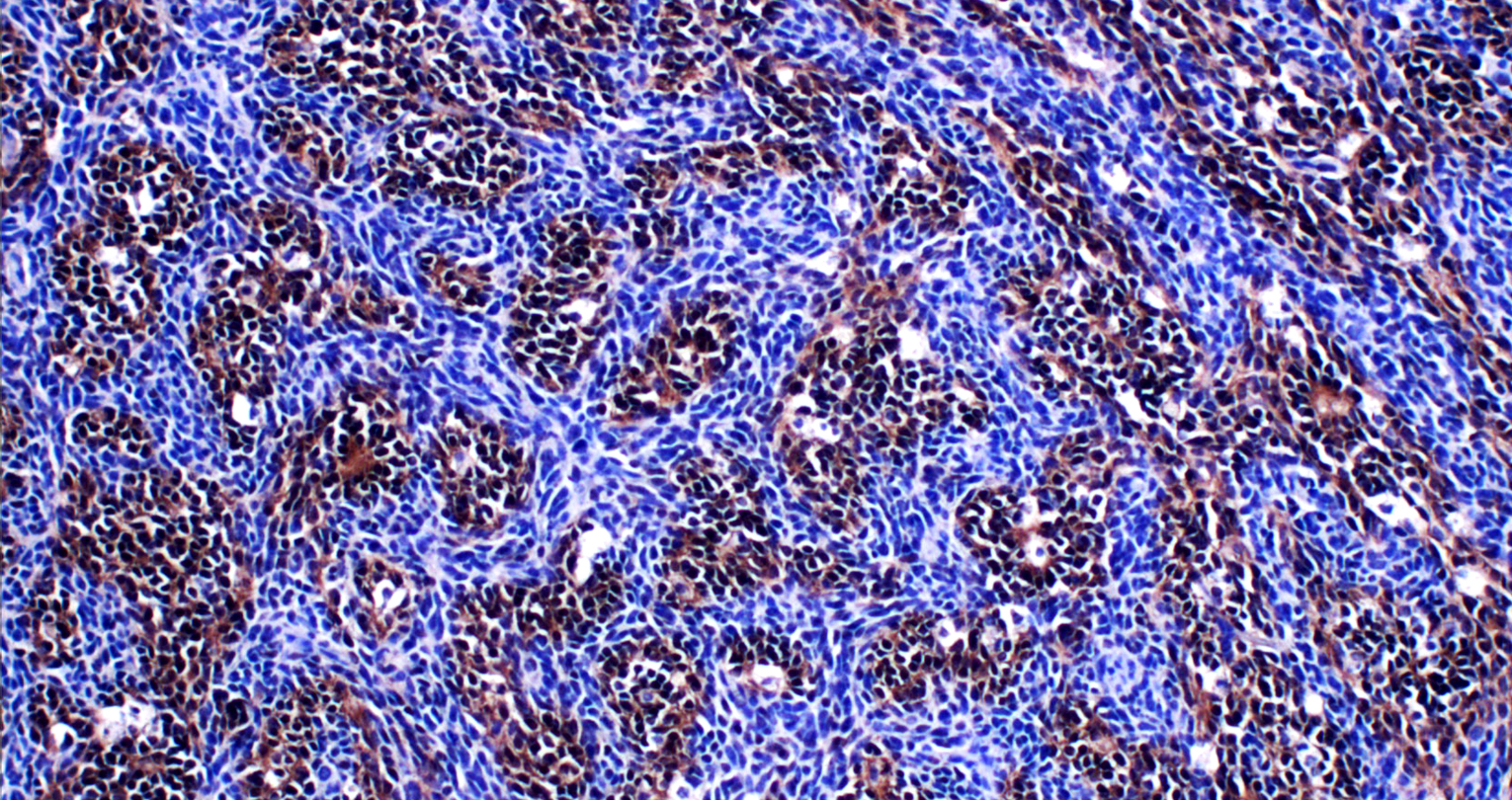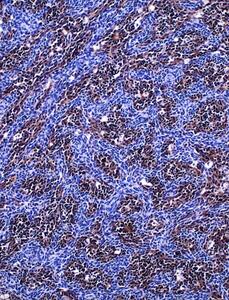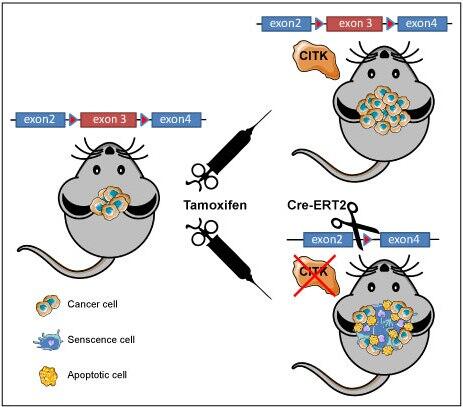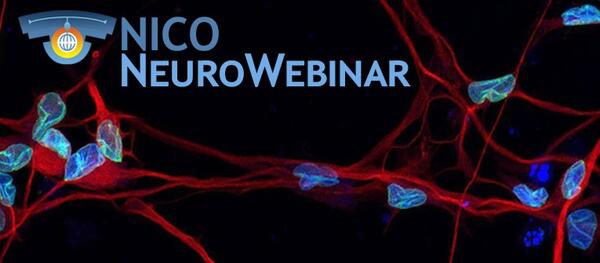
Cancer Research
, 19th June 2018
Inactivation of citron kinase inhibits medulloblastoma progression by inducing apoptosis and cell senescence.
Pallavicini G 1,2 , Sgro F 1 , Garello F 1 , Falcone M 1,3,4 , Bitonto V 1 , Berto GE 1,2 , Bianchi FT 1,2 , Gai M 1 , Chiotto AM 1,2 , Filippi M 1 , Cutrin JC 1 , Ala U 1 , Terreno E 1 , Turco E 1 , Di Cunto F 1,2,5
Medulloblastoma is a very aggressive pediatric tumor of the cerebellum. Current therapies are based on surgical resection, followed by radiotherapy eventually associated with high-dosage chemotherapy. Despite their good efficacy in terms of survival, these treatments have a devastating impact on patients’ psycho-motor and endocrine development. To improve patients’ survival and quality of life, it is fundamental to develop new therapies, more specific and less invasive.
One of the main topics of the research activity of our group is the study of a protein known as Citron Kinase (CITK), which is implicated in cell division and genome stability of neural progenitors during brain development. In our previous studies we have established that this protein is fundamental for survival of these cells. Considering the molecular similarities that exist between normal progenitors and medulloblastoma cells, in this work we have evaluated whether the latter are sensitive to CITK loss.
We have demonstrated that CITK ablation leads to a replicative block of medulloblastoma cells, followed by their death or senescence. These effects lead to a strong growth reduction of tumors obtained in different experimental models. Considering that CITK is a ‘drugable’ protein, these results are relevant for the development of new drugs aimed at improve medulloblastoma therapy.
Cover image: Micrograph of a histological section of CITK-deleted medulloblastoma, obtained by stainig for a molecular senescence marker (brown cells).
Graphical abstract
CITK deletion induces senescence and apoptosis in a medulloblastoma mouse models, leading to e reduction of tumor growth.









